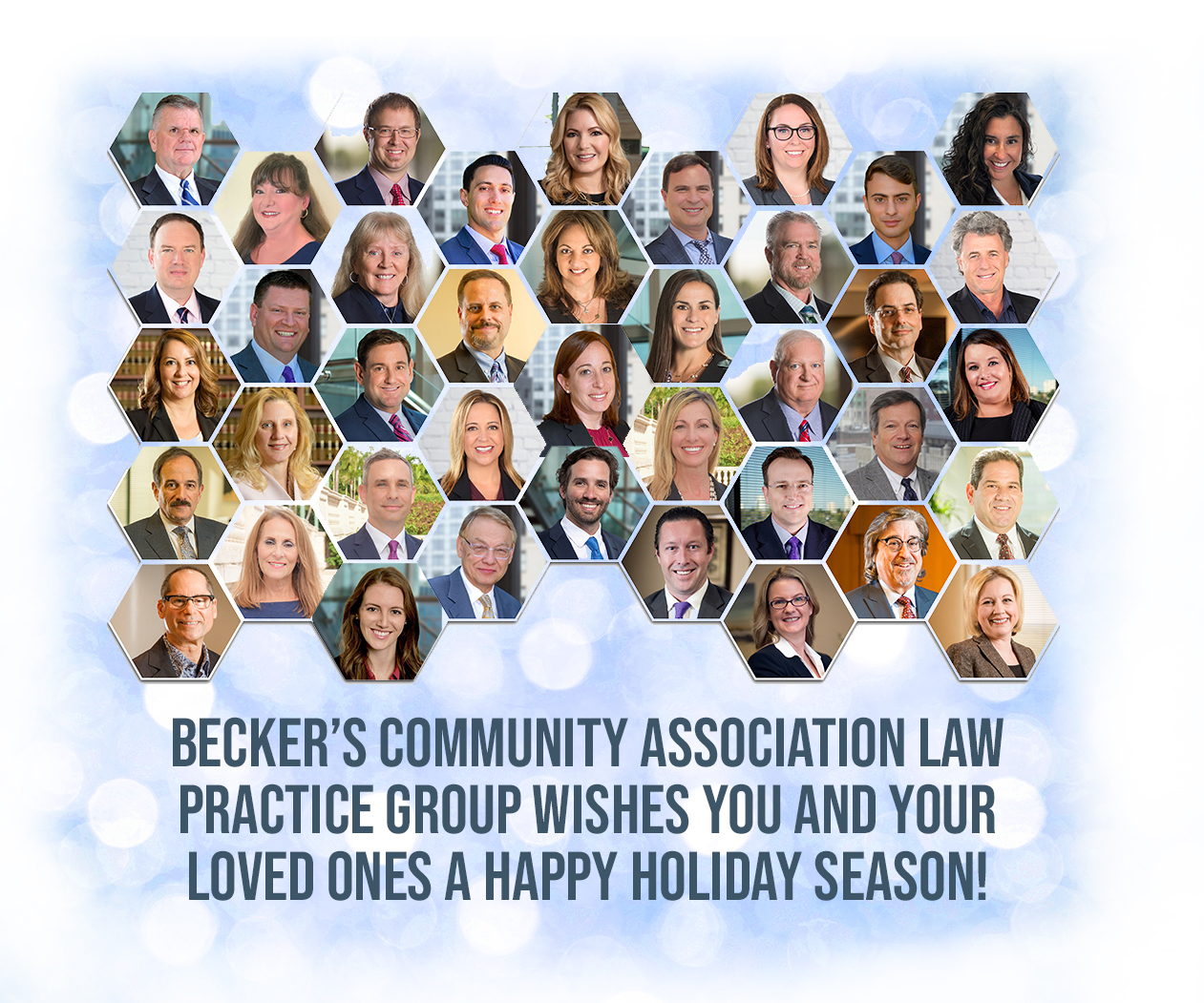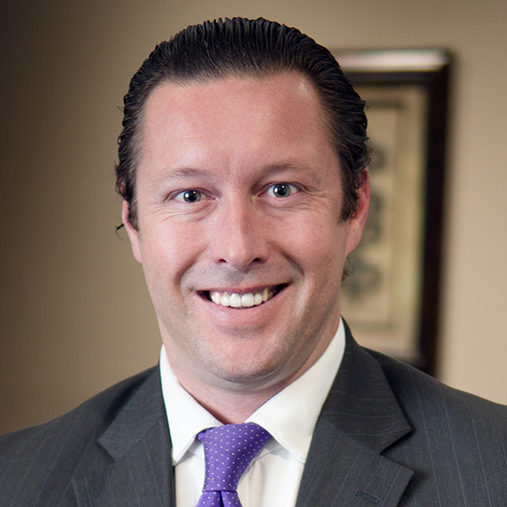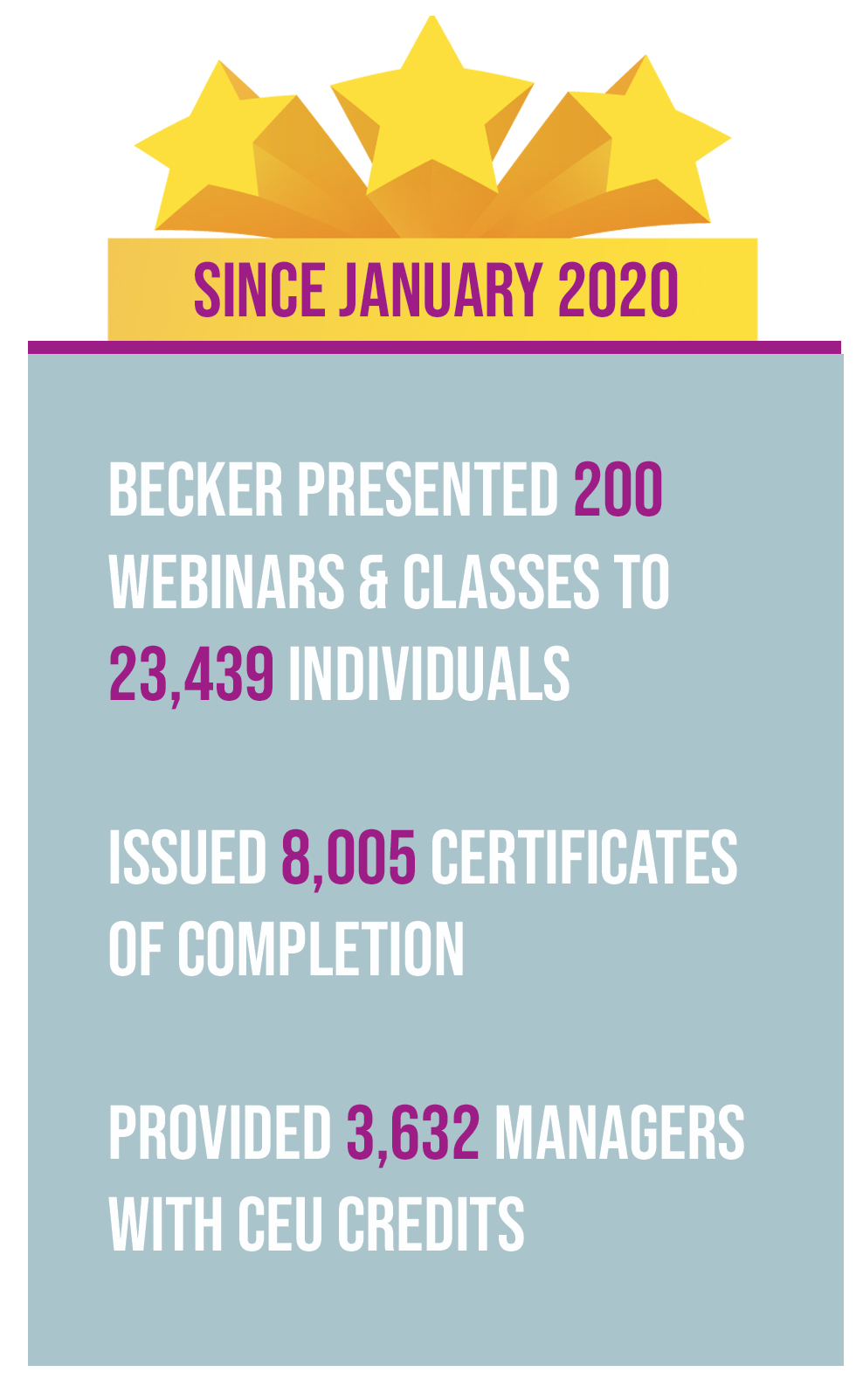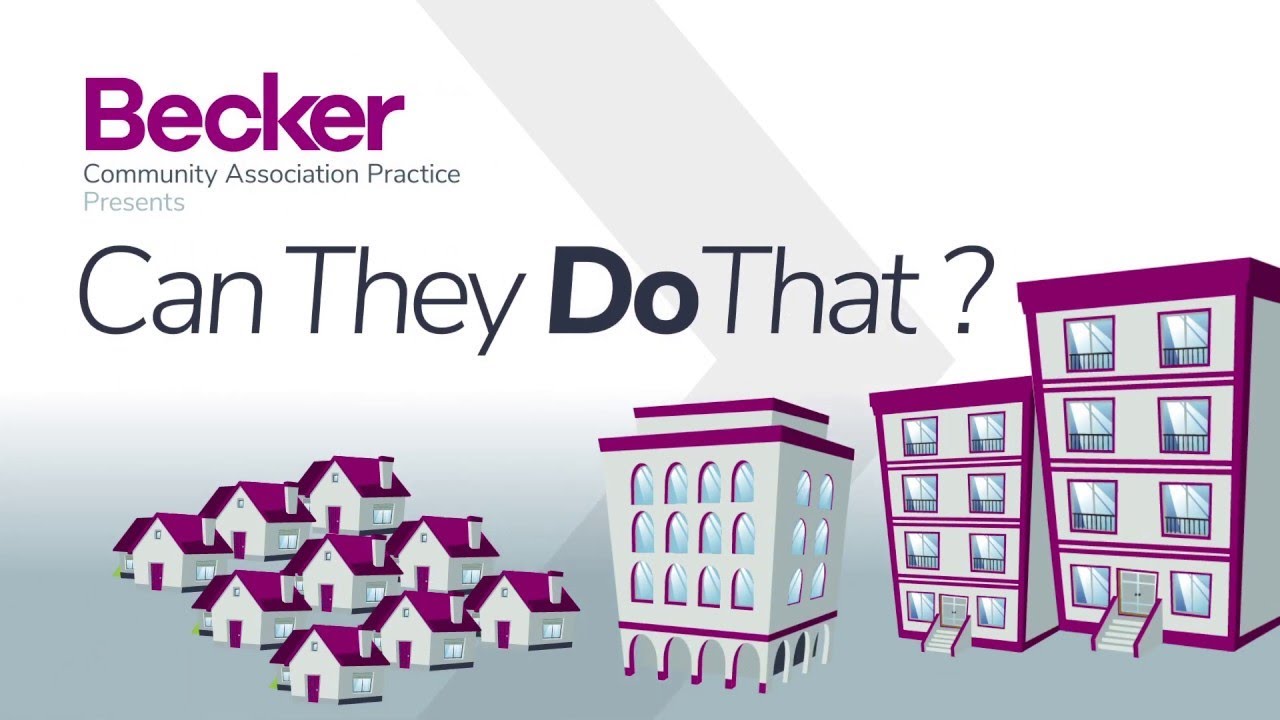Before heading into the New Year, we look back at the year’s most popular reads. This month’s featured articles highlight the topics you found most interesting in 2021 – from fining committees to questions about remote meetings.
From all of us at Becker, we wish you a happy holiday and a joyous, healthy, and prosperous New Year!
Of all enforcement options available to an association for violations of its governing documents, the imposition of fines is one that yields many questions due to the strict procedures required to impose a fine. Learn more in, “What is a “Fining Committee” and Who Can Be on It?”.
Although Florida’s Sunshine Laws don’t apply to community associations, the Condominium Act has its own set of “sunshine” requirements to be aware of. Karyan San Martano breaks down what the statute says in, “‘Sunshine Laws’ for Condominium Associations.”.
While Mother Nature may be hard to harness, community associations are often tasked with doing just that to protect both residents and property. In, “Responsibility for Tree Branches and Roots,” Elizabeth Lanham-Patrie explores how the law decides who needs to tackle this chore..
As of July 1, 2021, associations are required to send delinquent owners a Notice of Late Assessments prior to turning the account over to collections. Learn best practices for sending this letter in, “A Guide to Sending the New Notice of Late Assessment.”
.
“Can Remote Meetings Be Held Now That the State of Emergency Has Expired?” Yeline Goin discusses what meetings can be held remotely, in whole or in part.
EDITORS
Question of the Month
My condominium is thinking about changing the floors in the entrance area and lobbies from ceramic tile to granite tile. Would changing the flooring tiles be considered a material alteration requiring approval of the members?
CALLING ALL BOARD MEMBERS AND COMMUNITY MANAGERS
As leaders in Community Association Law, we not only helped write the law – we also teach it.
Did you know Becker provides over 200 educational classes per year throughout the State of Florida on a variety of topics ranging from board member certification to compliance, and everything in between? Our most popular classes are now available online!
To view our entire class roster, visit:
beckerlawyers.com/classes
As a service to the community and industry, we are pleased to offer some of our most popular classes online for you to participate in from the comfort of your own home.
- Turnover From Developer Control
- Insights Into Your Role as a Board Member: Fiduciary Duty & Business Judgement Rule
- 2022 Legal Update
- Anatomy of a Water Leak
- Budgeting & Reserves
- Collection and Foreclosure Strategies for Community Associations
- Construction Road Map for Community Associations
- Top 10 Manager Do’s and Don’ts
- Construction Contracts and the Lien Law
- Construction Projects Gone Wild
- Dealing with Difficult People
- Disaster Preparedness and Recovery
- HOA/Condo Board Member Certification
- How to Properly Run an Election
- Take a Bite out of Fraudulent Assistance Animal Requests
- Understanding Our Bylaws
A Gratitude Video Message From Becker
A new year means 365 new opportunities to be grateful.
Practicing gratitude has far reaching effects, from improving our mental health to boosting our relationships with others. Join the Becker Team as we share what we’re truly grateful for – our clients, community, coworkers, family, friends, health, happiness, and growth. From our Becker family to yours, we wish you all the best and look forward to being of service in 2022!
Fla. Construction Bill Would Hurt Consumer Interests
Law360
Last year, Florida politicians attempted to weaponize Chapter 558 of the Florida Statutes and eviscerate the cause of action for violations of the Florida Building Code. Thankfully, that legislation died in committee and never saw the light of day. Unfortunately, through H.B. 583 filed by Rep. Clay Yarborough, R-Jacksonville, and S.B. 736 filed by Sen. Travis Hutson, R-St. Augustine, developer-backed politicians are once again seeking to weaponize Chapter 558, and, this time, completely eliminate the tolling provisions in Section 95.11(3)(c) of the Florida Statutes for latent construction defects.
The proposed changes included in S.B. 736 and H.B. 583 would weaken consumer protections, increase litigation costs and result in the settlement of fewer claims outside of litigation. The changes to Chapter 558 and Section 95.11(3)(c) should be vigorously opposed by anyone who supports consumer rights for homeowners, HOAs and condominiums.
Rising Sea Levels Bring a Wave of Risk – Even in Unexpected Locales
Community Association Management Insider
Ellyn S. Bogdanoff, Esq. / David G. Muller, Esq.
Sea walls are no panacea. “When Hurricane Irma hit Marco Island,” says David Muller, a shareholder and board-certified specialist in condominium and planned development law with the Naples, Fla., office of Becker & Poliakoff, “there were communities where the sea walls gave way, and buildings were suspended over water.”
On the eastern side of Florida, “we’re seeing more and more flooding,” says Ellyn Bogdanoff, a shareholder in the Ft. Lauderdale, Fla., office of Becker & Poliakoff and chair of the firm’s Rising Sea Level Team. “We saw that in the last hurricane, where Broward Boulevard was literally under water.”
Intrusion Upon Your Seclusion: Where Can Video Cameras Be Installed by Residents and Community Associations?
FLCAJ Magazine
Elizabeth A. Lanham-Patrie, Esq.
Video cameras are everywhere these days. Many residents have “ring”-type doorbells, which video people who come to their door. Further, many residents have cameras on the outside of their homes which are pointed at their own lots for security purposes; however, sometimes the view of these cameras even extend onto other lots or into other homes or units. This leads to the question, where can a video camera be installed? When is there an invasion of privacy? When is there an “intrusion upon seclusion?”
Evaluating Requests for Service and Emotional Support Animals
FLCAJ Magazine
As a community association attorney who focuses her practice on Fair Housing issues, I can state that one of the most difficult issues facing community association board members is how to evaluate and address requests for accommodations for service and emotional support animals (ESA). Over the last two years, we have seen changes regarding how to evaluate these requests. Notably, HUD issued FHEO-2020-01 on January 28, 2020. This is considered HUD’s “best practices” for evaluating requests for service and support animals. FHEO-2020-01, titled “Assessing a Person’s Request to Have an Animal as a Reasonable Accommodation Under the Fair Housing Act,” provides guidance for evaluating these requests. Florida also enacted statutory amendments to address these requests.
Attention to Detail
FCAP Managers Report
Attention to detail. A simple phrase that’s not always so simple to comply with, especially in a community association context.
There are several technical provisions in the statutes governing community associations that must be complied with. Chapters 607, 617, 718, 719, and 720, Florida Statutes have numerous requirements that associations must adhere to. A few examples include meeting notice requirements, board member eligibility requirements, record inspections, and others. Associations must be cognizant of changes to the statutes regarding such requirements, some of which pertain to regular or recurring events.
Avoid the Potential Pitfalls of Sharing Common Areas Among Communities
Community Association Management Insider
Conflicts can arise when numerous associations share amenities and/or common areas through a master association. David Muller offers his ideas on effective negotiation to prevent this from happening.
“When a developer develops a property,” says David Muller, a shareholder and board-certified specialist in condominium and planned development law with the Naples, Fla., office of Becker & Poliakoff, “it has a vision in mind as far as whether the master association will be the dominant governance entity, or whether it will have a minor responsibility — like for a clubhouse — and the sub-associations will be where the action is.”
3 Critical Issues to Cover in Today’s Board Training
Community Association Management Insider
It is crucial for associations, board members, and managers to attend comprehensive board training as part of effective risk management, especially during our current climate.
According to Jamie Dokovna who practices employment law and works with associations, one role board members frequently overlook is that of employer.
“Boards don’t always view their associations as employers even though they are if they have cleaning staff, landscapers, desk people, security, and the like,” she says. “Some don’t have employee handbooks, or they have antiquated handbooks or handbooks repackaged from one of the board member’s old companies.”
Can They Do That?
Becker’s “Can They Do That” video series tackles some of the unique problems that homeowners and renters face today. We answer your questions, no matter how far-fetched they may seem. From service animals to nudists in your community, we get to the bottom of it and let you know – “Can They Do That?”
Becker Steps Up to the Mic with Podcast,
‘Take It To The Board with Donna DiMaggio Berger’
Becker is thrilled to announce the launch of its community association-focused podcast, Take It To The Board with Donna DiMaggio Berger. For decades, our firm has served the legal needs of this industry through in-person conferences and roundtables, online educational webinars, in-depth blog posts, and easy-to-understand legislative updates; we are delighted to continue the conversation on yet another platform. Join us today!
CURRENT EPISODES:
- Royal Service with James Donnelly
- Fiscal Finesse with Nicole Johnson-Pendergrass
- Nuisance or Necessary: Solving the “Pet” Problem with JoAnn Burnett
- The Technology Tango with Brett Fielo
- Community Immunity with David Ramsey
- Considering the Cost of Counsel with Denise Lash
- Rules & Referencing with Howard Perl
- The Mental Health Challenge with Chris Ayub
- Reserve Funds & Studies with Robert Nordland
- Association Advocacy with Commissioner Mary Molina-Macfie
- The Job of the Journal with Michael Hamline
- HR Hacks with Jamie Dokovna – Part 1
- HR Hacks with Jamie Dokovna – Part 2
- The Art of Community Design with Patty Mowry
- Heart of Service with Stephanie Maher
- The Making of A Manager with Otto Freund
- Happy Holidays, Healthy Communities with Andrew Fortin
DID YOU KNOW?
Work Opportunity Tax Credit Can Add to the Bottom Line
Community association management companies and their clients may not be aware of the Work Opportunity Tax Credit (WOTC), which is a useful tool available to them for simultaneously growing their staff and reducing their tax bills.
“The credit is very overlooked,” says Jamie Dokovna, a shareholder in the Florida law firm Becker & Poliakoff who practices employment law and works in the community association arena.
“I can’t think of any managers or associations that receive it. I suspect it’s largely because they don’t know about it. It’s like free money, and they’re not taking advantage of it.”






















